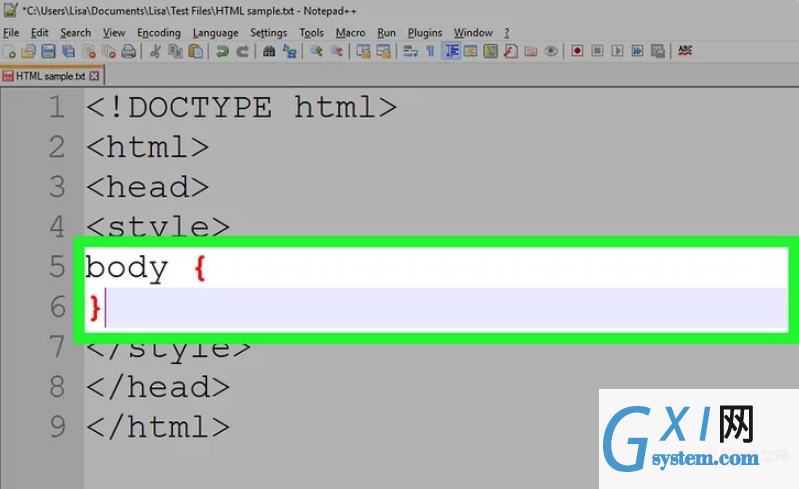css实现滑动
时间:2023-05-21
CSS 是一种常用的网页设计语言,可以用来实现众多的网页效果。其中,滑动效果也是非常常见的一种。以下就介绍一些 CSS 实现滑动效果的方法。
一、使用 transform 属性
使用 transform 属性可以实现平移、旋转、缩放等效果。其中,在平移动画中,可以使用 translateX() 和 translateY() 来控制元素水平和垂直方向的移动。
示例代码如下:
<style> .box { background-color: red; width: 100px; height: 100px; position: absolute; top: 50%; left: 50%; transform: translate(-50%, -50%); transition: transform .5s ease; } .box:hover { transform: translateX(100px); }</style><div class="box"></div>这段代码实现了当鼠标悬停在盒子上时,会以 0.5 秒的缓动效果从原位置向右移动 100px 的效果。其中,在 .box:hover 的伪类中,使用了 translateX() 来控制元素在 X 轴上的平移。
二、使用 animation 属性
使用 animation 属性可以实现更加复杂的动画,在其中我们可以设定关键帧,控制元素的动画效果。
示例代码如下:
<style> .box { background-color: red; width: 100px; height: 100px; position: absolute; top: 50%; left: 50%; transform: translate(-50%, -50%); animation: slide 1s ease-in-out infinite alternate; } @keyframes slide { from { transform: translateX(0px); } to { transform: translateX(100px); } }</style><div class="box"></div>这段代码通过定义了一个叫做 slide 的动画来实现了盒子从左向右滑动的效果。其中,使用了 animation 属性对动画进行了配置,设置了缓动效果、无限播放和来回渐变。而通过 @keyframes 关键字定义的 slide 动画中,我们通过 from 和 to 来控制了元素的初始状态和最终状态,从而实现了滑动效果。
总结
通过 CSS 中提供的 transform 属性和 animation 属性,我们可以很方便地实现元素的滑动效果。在实际开发中,可以根据具体的需求进行选择,达到最佳的效果和用户体验。
以上就是css实现滑动的详细内容,更多请关注Gxl网其它相关文章!
相关文章
最新文章
网友评论
评论



























